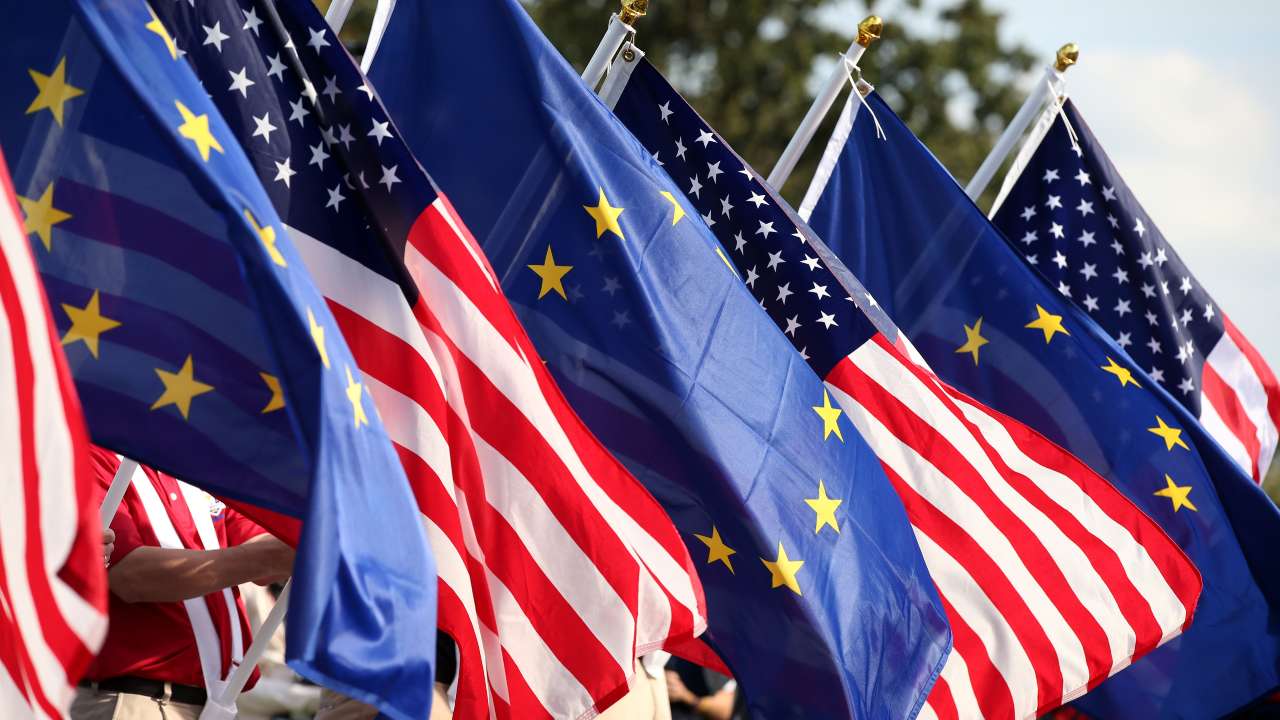Russia Joins the Anti-Israel Fray
Putin sees short-term advantage in aiding the Hamas narrative of supposed Israeli evil.
Russia has a history of bombing hospitals and twisting its own atrocities into conspiracy theories to harm Western democracies and other opponents. Armed with this experience, Russian propagandists and their sympathizers are squeezing as much anti-Western sentiment and disinformation out of the explosion at the al Ahli hospital in Gaza as they possibly can,
Shortly after joining the war in Syria in 2015 to prop up its ally Bashar Al-Assad, Russia extended the regime’s targeting of hospitals. Doctors Without Borders (MSF) reported that Russia deliberately targeted buildings caring for patients in rebel-held areas; sometimes even returning to strike again as reconstruction work began. The World Health Organization (WHO) said in 2020 that 494 health facilities had been attacked, the great majority in rebel areas.
In response to the accusations, Russia simply denied the bombings and used its extensive network of media outlets to suggest Western journalists had fabricated the stories.
The Syria hospital bombings provided a preview of the atrocities to come in Ukraine. After the WHO condemned Russia for striking a maternity hospital in Mariupol, the Russian Embassy in the UK tweeted a viral photograph of a pregnant woman with a bloodied face emerging from the rubble, saying she was an actor. Physicians for Human Rights documented 707 attacks on Ukrainian healthcare facilities in 2022 alone.
So when asked about the Gaza hospital explosion on October 17, the Russian state might have shown some small indication of awareness or embarrassment. Not a bit of it. Foreign Ministry spokesperson Maria Zakharova said: “We qualify such a felonious deed as a crime, as an act of dehumanization,” and demanded that Israel show evidence it was not responsible.
State-directed propagandists had already decided meanwhile that Israel was to blame, ignoring mounting evidence that it may have been a rocket misfired by a Hamas-aligned Palestinian group from inside Gaza.
Whatever the understanding between Russia and Israel before the October 7 Hamas pogrom (a deal that explains Israel’s hesitation to offer military aid to Ukraine), Putin is now helping Hamas spread anti-Israel propaganda.
Russian mouthpieces have openly stated that the Middle East conflict helps the Kremlin’s war against Ukraine by distracting the West and possibly lessening arms supplies. It also allows Russia to show itself as a sympathetic friend of the developing world where support for Ukraine’s struggle has been patchy.
Get the Latest
Sign up to receive regular emails and stay informed about CEPA’s work.
This is not new territory for Russia. Putin’s propaganda machine has long boosted anti-Israel narratives in an effort to cast suspicion on Israel’s Western allies, mainly the US.
The US arm of Russia Today, shuttered after Russia’s invasion of Ukraine, recruited Americans dedicated to propping up anti-Israel conspiracy theories.
One of the channel’s former American TV hosts recruited perhaps not in spite of but because of her championing of conspiracies such as 9/11 “truthing”, posted on Twitter/X: “They’re massacring hundreds of doctors, patients & sheltering refugees. We live in hell and are ruled by monsters,” referring to Western leaders. The tweet received more than 45,000 likes and 21,000 retweets.
Another former American RT host, who describes himself as the “most censored comedian in America” has moved his platform to private streaming where he gets thousands of donations for his content demonizing Israel and Ukraine. There are numerous other examples.
For more than a decade Russia has platformed Western academics, activists, and conspiracy theorists hostile to Israel and willing to spread anti-Jewish conspiracies that are now common on and off the internet. There is a very significant, and non-accidental crossover, showing that nearly all these Americans sympathetic to Russia who grew their platforms with Russia’s help, also blamed the US and NATO for Russia’s war in Ukraine.
Hamas launched a very carefully considered attack on Israeli civilians on October 7. It aimed to kill as many Jews as possible and to take hostages, but also to provoke bloody retaliation in the hope of igniting a propaganda war to turn public opinion against Israel.
Russian media figures were quick to express delight at the massacre. Head of RT Margarita Simonyan has not condemned Hamas but did voice contempt for those Russian Jews who she said had left Russia only to face another war in Israel. Others made the same point.
It may be — we still don’t know — that Russia did not know of Hamas’s plans in advance and did not supply material assistance, including intelligence material.
But we do know that faced with an opportunity to exploit foreign wars for short-term advantage, Russia will happily do so.
It is helping the Hamas propaganda effort, echoed by a small army of social media extremists hungry to spread any disinformation that harms the legitimacy of democratic states.
The explosion at the al Ahli hospital in Gaza is a propaganda win for Russia, Hamas, and its backers in Iran. It amounts to a psychological warfare operation and should be treated as such.
Liz Wahl is an American journalist focusing on disinformation and extremism. She has appeared on CNN, MSNBC, Bloomberg, international news outlets, and documentaries, and reported from Ukraine for Newsy in 2017. She made international headlines in 2014 following her on-air resignation from RT America, publicly denouncing its distorted coverage of the war on Ukraine and Russian intervention in Crimea. Wahl has spoken internationally about modern propaganda and media literacy.
Europe’s Edge is CEPA’s online journal covering critical topics on the foreign policy docket across Europe and North America. All opinions are those of the author and do not necessarily represent the position or views of the institutions they represent or the Center for European Policy Analysis.
Europe’s Edge
CEPA’s online journal covering critical topics on the foreign policy docket across Europe and North America.
This article has been archived for your research. The original version from Center for European Policy Analysis can be found here.



